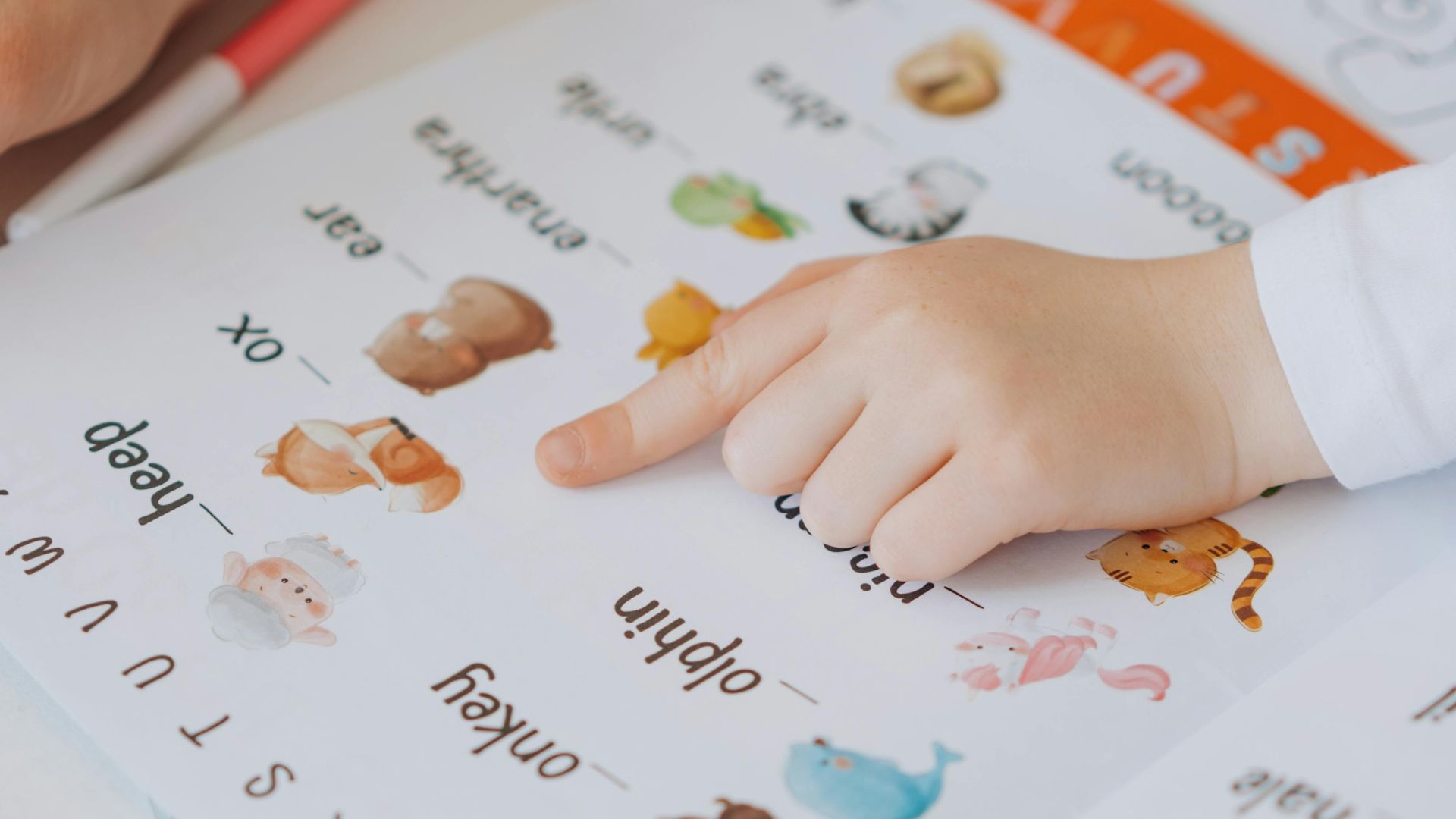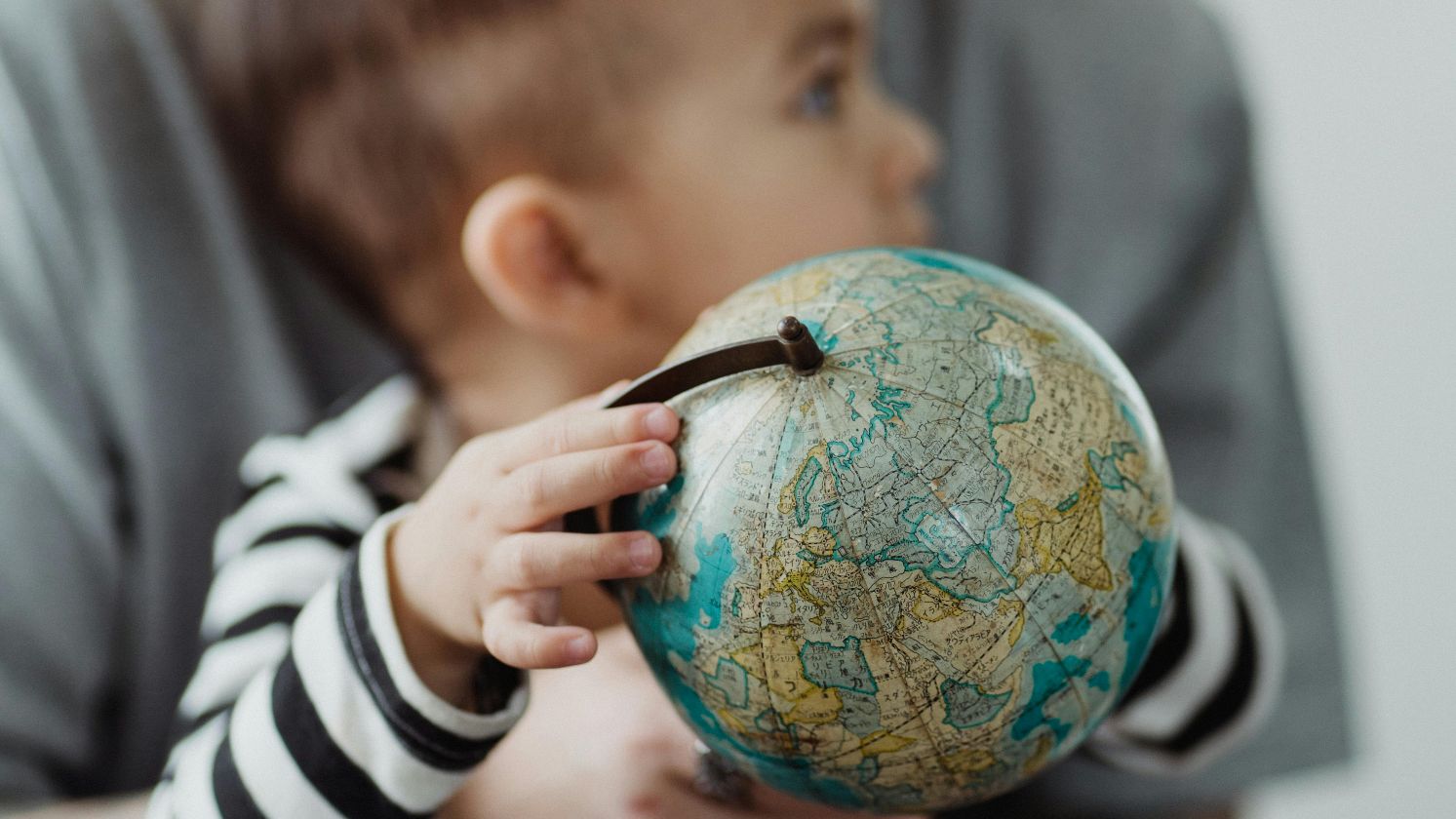Have you ever wondered why kids can pick up languages so easily? Even if it's one they don't speak at home, and contains sounds, structures, and symbols they don't immediately recognize or are completely different from the alphabet they've learned from their parents, they'll still be able to repeat certain phrases and words just fine—and sound surprisingly fluent.
So, what's the science behind it? And are adults always at a disadvantage if they want to take up a second language later in life?
Brain Plasticity
As a child's brain develops in the early years of infancy, forming neural connections is much faster and easier. In fact, more than 1 million pathways are created every second, which makes it a breeze for kids to pick up the different accents of languages while their brains are still highly elastic. This is sometimes known as the "critical period," and over time, these connections or shortcuts strengthen and become more efficient, and it becomes harder to form—and adapt to—new pathways that are just as strong.
This early plasticity, put simply, means it's easier to mold the architecture of an infant's brain than to retrain and rewire certain connections later on in life, which is why adults often have a harder time picking up new languages later in life and sounding natively fluent in them.
Main Differences Between Learning Styles
But it's not just down to how malleable your brain is. Kids and adults also have different learning styles, and that plays a huge role in how effectively we pick up new languages, too. While adults tend to learn more actively and tackle each aspect in a certain order (for example, sentence construction or grammar rules first), kids don't follow such a strict format. Instead, they learn implicitly and often by immersion, meaning they're surrounded in an environment that constantly exposes them to that language.
Still, some like to believe that adults have an advantage: being already fluent in one language that they speak fluently in, it should technically be easier to grasp a second language since they're familiar with the motions. Plus, adults often have better focus than kids who like to run about. And yet, research still seems to point in the opposite direction.
The "Cutoff" Age
What, then, is the cutoff age for kids? When do their brains stop being so elastic and it becomes more challenging for them to learn a new language? In an interview where United Nations Regional Information Centre for Western Europe spoke with post-doctoral researcher Dr. Eleonore Smalle, it's estimated that this elasticity starts to thin around the start of adolescence, or around 12 years old. This is when the neural pathways and the conscious (explicit) memory system—one of two important language learning systems—in the brain start to strengthen, and forming new connections passively may be difficult.
If you're thinking of picking up a new language, though, don't let what research says dampen your motivation. Kids might have the upper hand when it comes to grasping new vocabulary and sounds quickly, but with the right mindset, tools, and focus, nothing is impossible.









